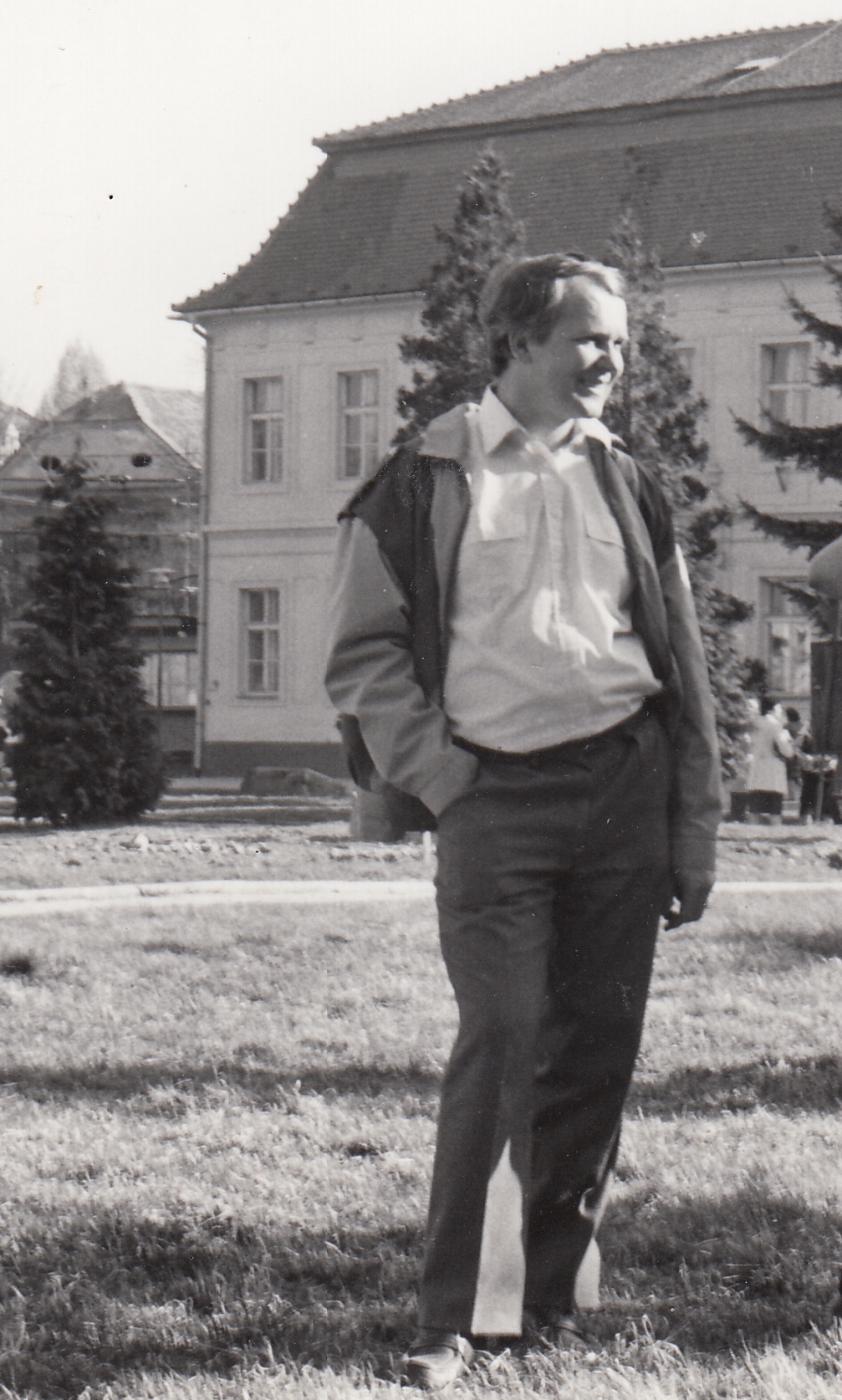While greeting the room, the priest recognized his investigator among the people in the church

Stáhnout obrázek
František Ingr was born on 6 September 1949 in Kyjov. His father, František Ingr Sr., was a forced labourer in Kiel, Germany, during the Second World War, from where he managed to escape in 1944 and return to the Protectorate of Bohemia and Moravia, where he was tracked down by the Nazis and again deployed in the war industry - this time in the Semtín powder factory near Pardubice, where František Ingr Sr. survived the explosion of the ammunition warehouses only by chance. František Ingr Jr. grew up in the 1950s. In Vacenovice in South Moravia, where the family lived at the time, he witnessed the forced collectivisation of agriculture as a child. The Ingrs were practicing Catholics and as such faced pressure and persuasion not to raise their children in the faith. František Ingr had to enter a different field than he wished because of his poor cadre evaluation. He entered military service just before the occupation by Warsaw Pact troops in August 1968. After he left the barracks two years later, he and his wife Dagmar became involved in the production and distribution of religious samizdat, working with former political prisoner and parish priest František Adamec. In 1985, as a technician and one of the organizers, he took part in the preparations for the April pilgrimage to Velehrad, as well as the main June pilgrimage, which went down in modern history as one of the largest anti-communist demonstrations in the then Czechoslovakia. Despite the fact that the entire area was guarded and monitored by State Security, František Ingr took audio recordings and photographs at both events. The family openly proclaimed their Catholic faith throughout the entire period of normalisation. Son František regularly went to secret Catholic meetings - Salesian Chaloupky. During the Velvet Revolution of 1989, František Ingr took part in the events first in Uherské Hradiště, where as an amateur radio operator he eavesdropped on police radios, and later - on 25 November 1989 - he went to Prague, where he witnessed the pontifical mass on the occasion of the canonization of Agnes of Bohemia, and on the same day also a massive demonstration in support of the Civic Forum on Letná Plain. In the post-coup era, František Ingr became an acolyte and also became involved as a photographer in the project Man and Faith, which documents Christian events in the Czech Republic through images. At the same time, in 2024 he was still working as a guide in the new Church of the Holy Spirit in the Old Town, where he lived at that time alongside his wife Dagmar.
























